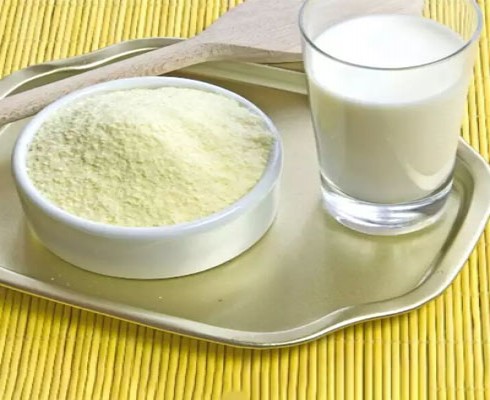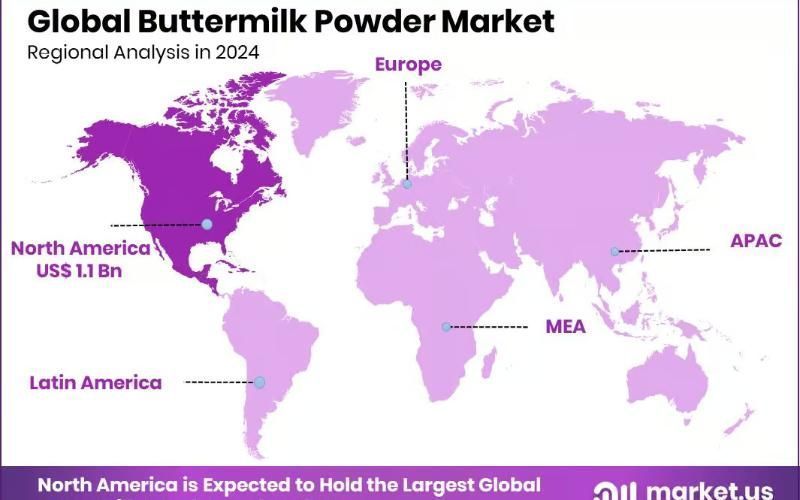The Global Mozzarella Cheese Market to Reach $68.59 Billion by 2034
According to the latest research report released by Fact.MR, the global mozzarella cheese market reached a size of US$38.6 billion in 2024 and subsequently expand at a CAGR of 5.9% over the next 10 years (2024 to 2034).
Mozzarella cheese, also known as curd cheese, can be sliced and used in food products. Mozzarella is popular for a variety of reasons, including its ease of melting, elastic and bouncy consistency, and smooth and soft texture.
The mozzarella cheese market is projected to grow at a steady pace. This growth is driven by mozzarella’s nutritional benefits, including its high calcium, protein, and vitamin content, which are increasingly recognized for supporting bone health and overall wellness. As the population becomes more health-conscious. Diabetic food manufacturers continue to consume a significant amount of mozzarella cheese.
Major contributors to this market expansion include key players such as Groupe Lactalis, known for its reduced-fat innovations, and Fonterra, which excels in export-grade mozzarella. The Grande Cheese Company is also a significant player, focusing on shreddable forms and clean-label certifications.
By application, food & beverage processing leads the market with a 44.23% share in 2024, valued at $17.07 billion, and is forecasted to reach $29.97 billion by 2034 at a 5.8% CAGR. Supermarkets and hypermarkets are the dominant sales channels, accounting for 50% of the market in 2024, expected to rise to $34.2 billion by 2034.
Regional dynamics reveal that North America holds a 24.7% global market share in 2024, with the U.S. leading at $7.07 billion, projected to grow to $11.63 billion by 2034. Meanwhile, East Asia is expanding its market share, driven by urbanization and rising incomes, with Japan at the forefront.
Recent market developments include Saputo‘s August 2022 launch of ‘Frigo Cheese Heads Swirls‘ and Dalter Alimentari’s March 2021 debut of cheese matchsticks, emphasizing the market’s focus on innovation and versatility.


